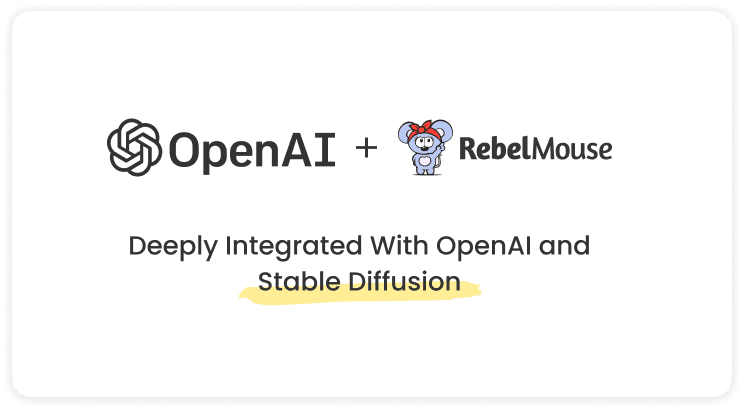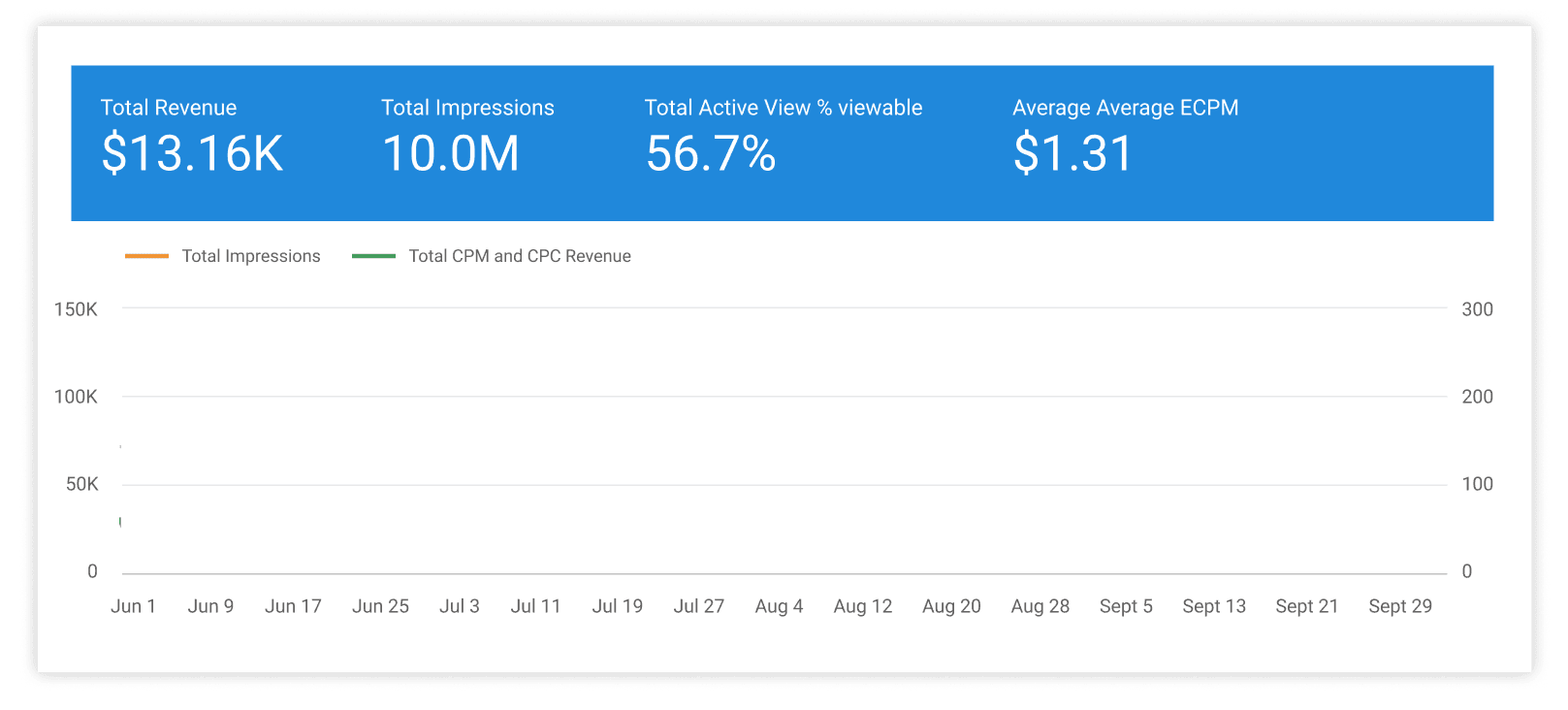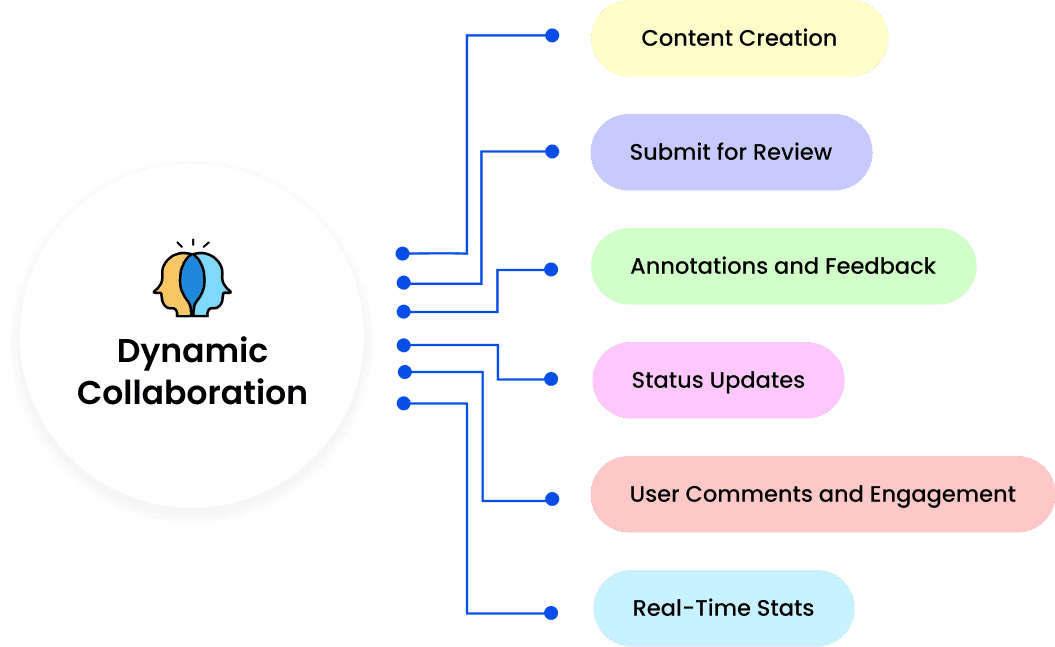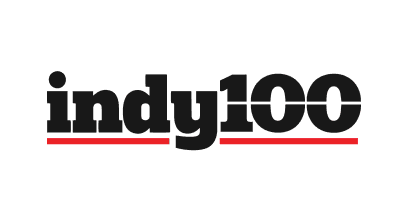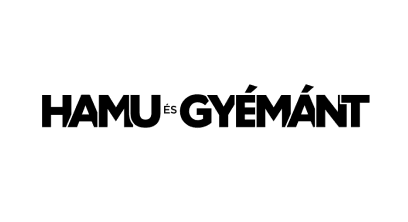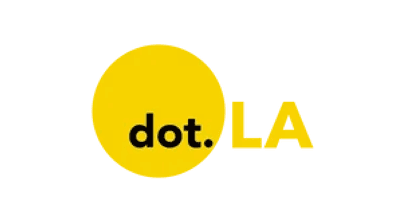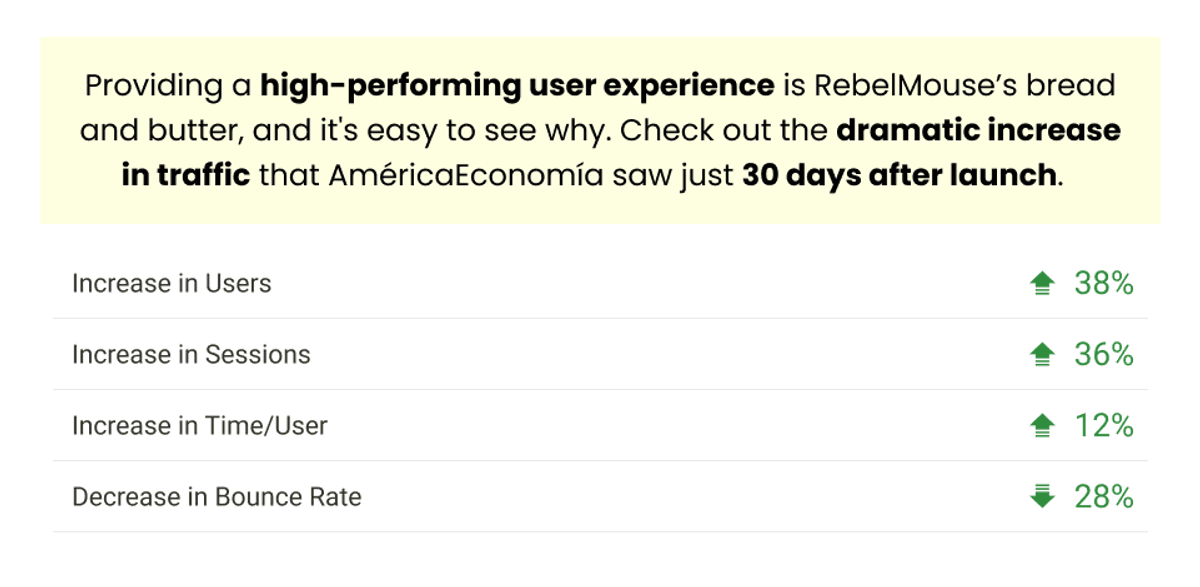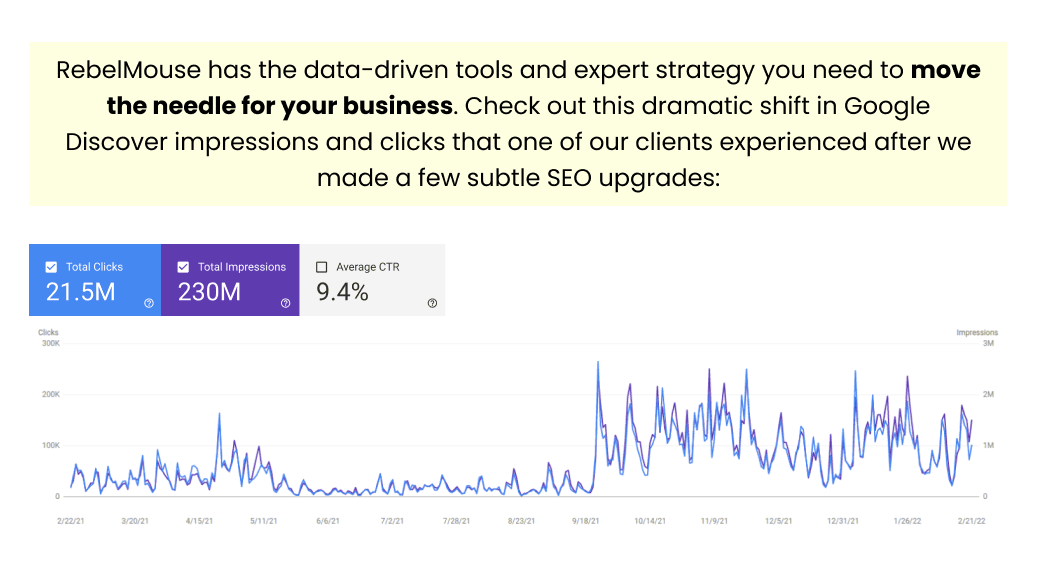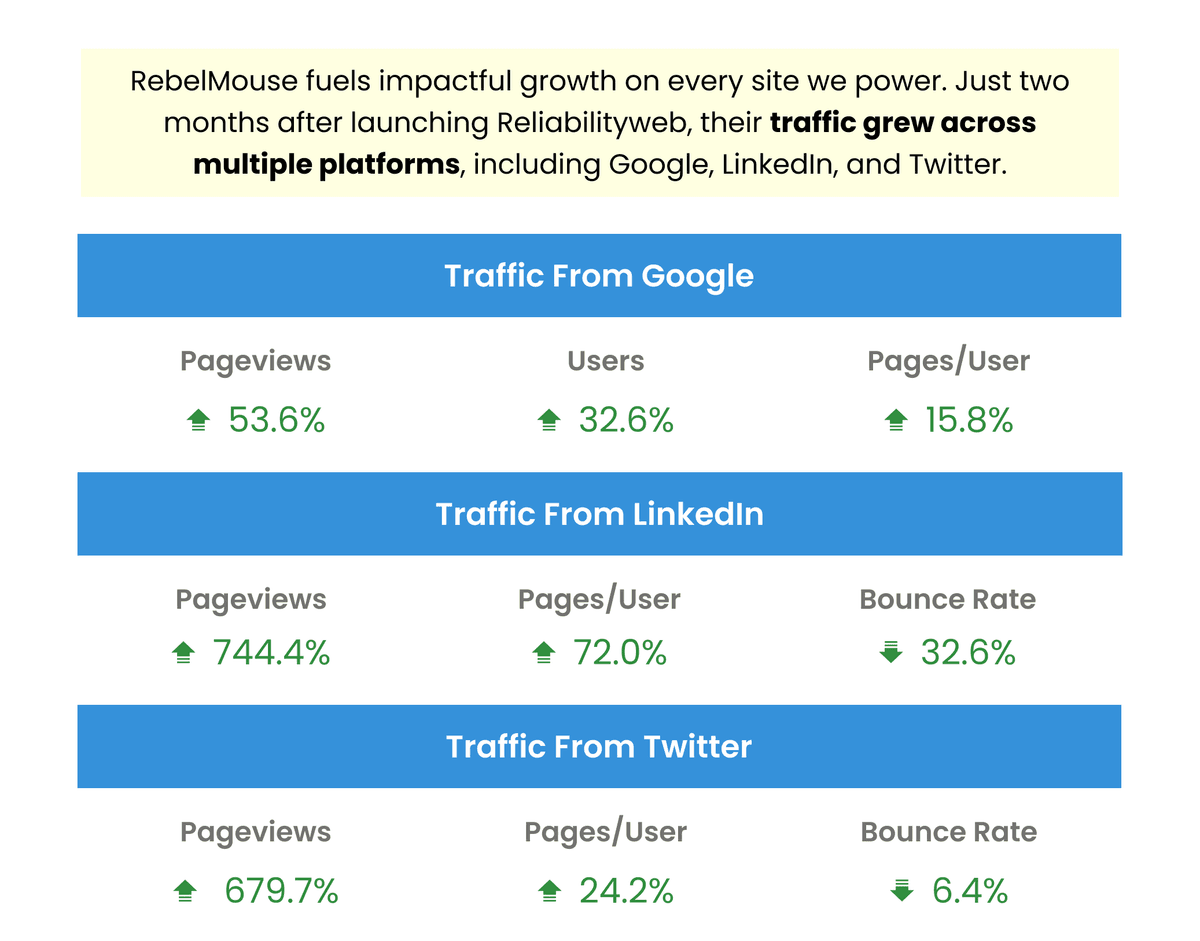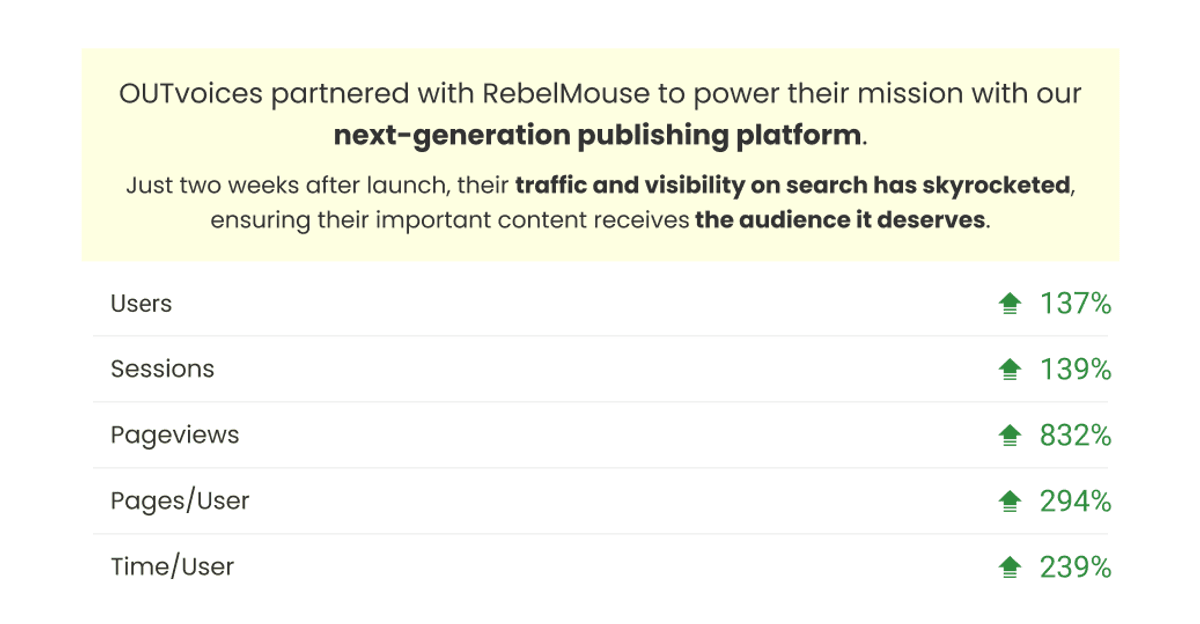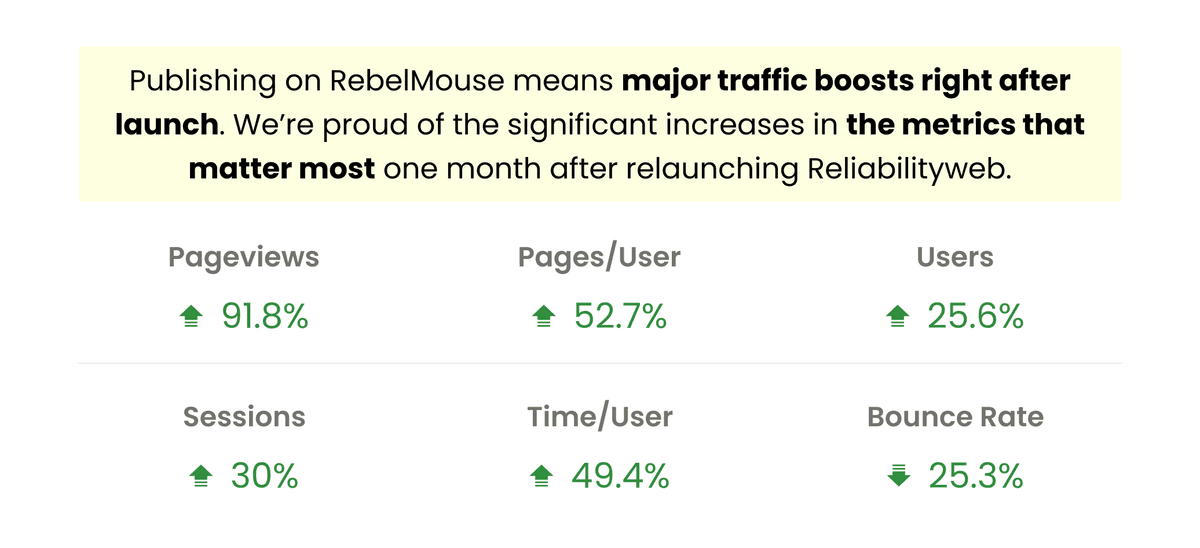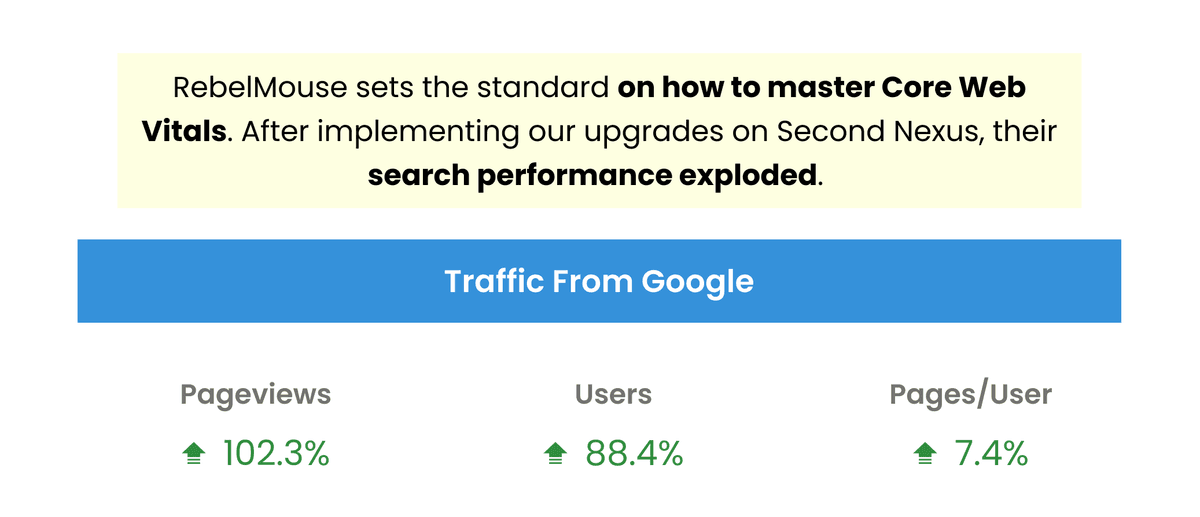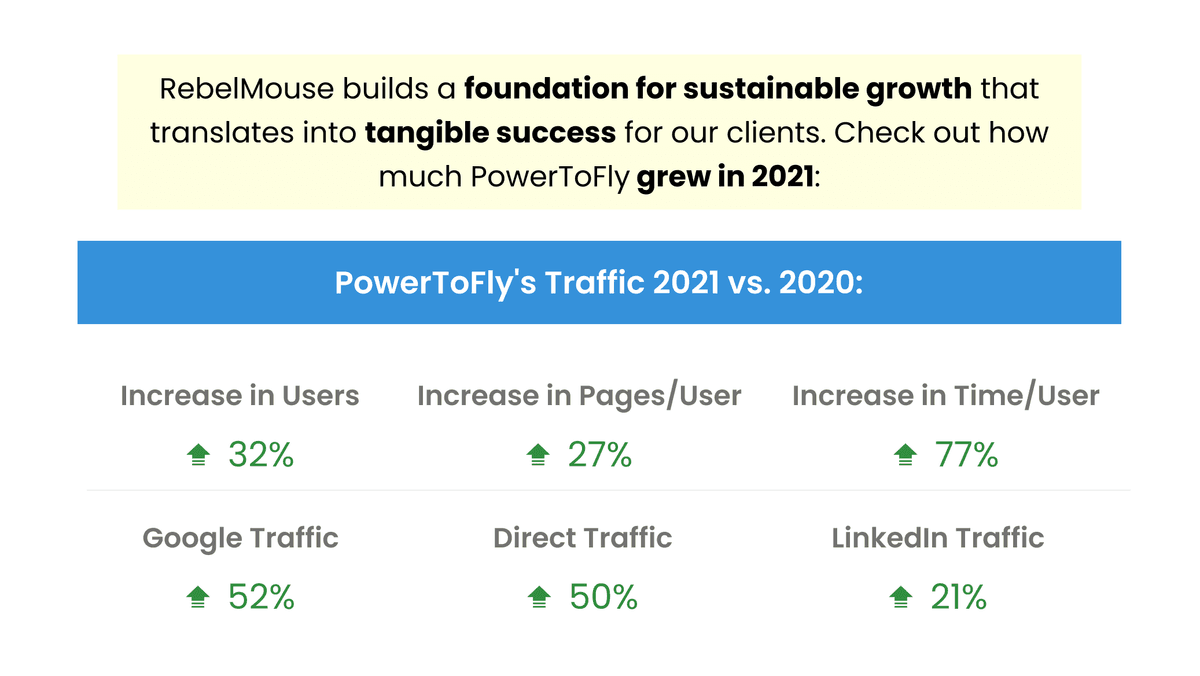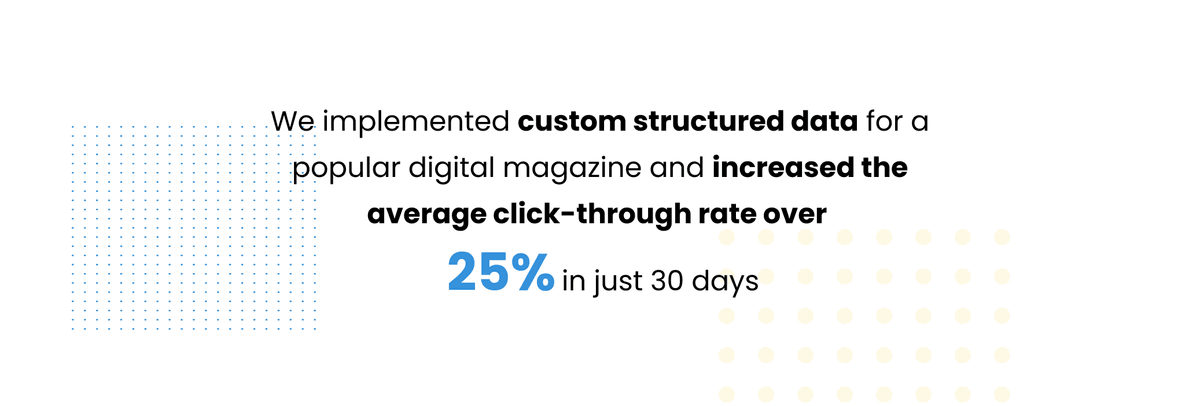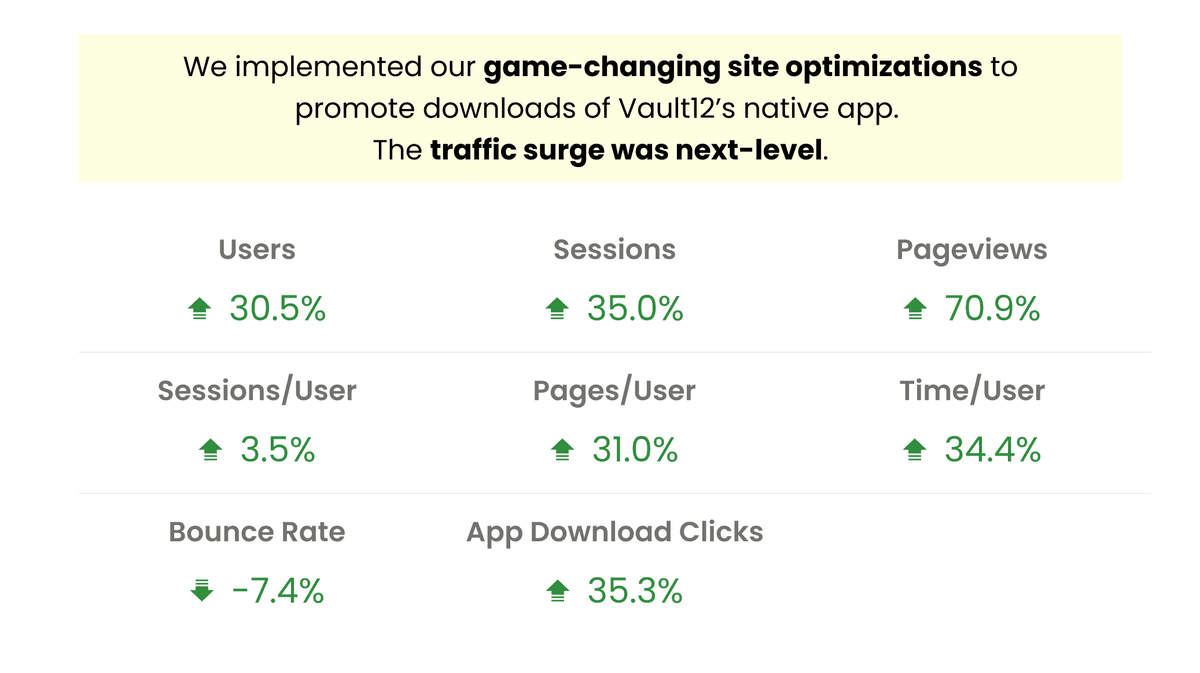Shift from Viral Hits to Sustained Reach
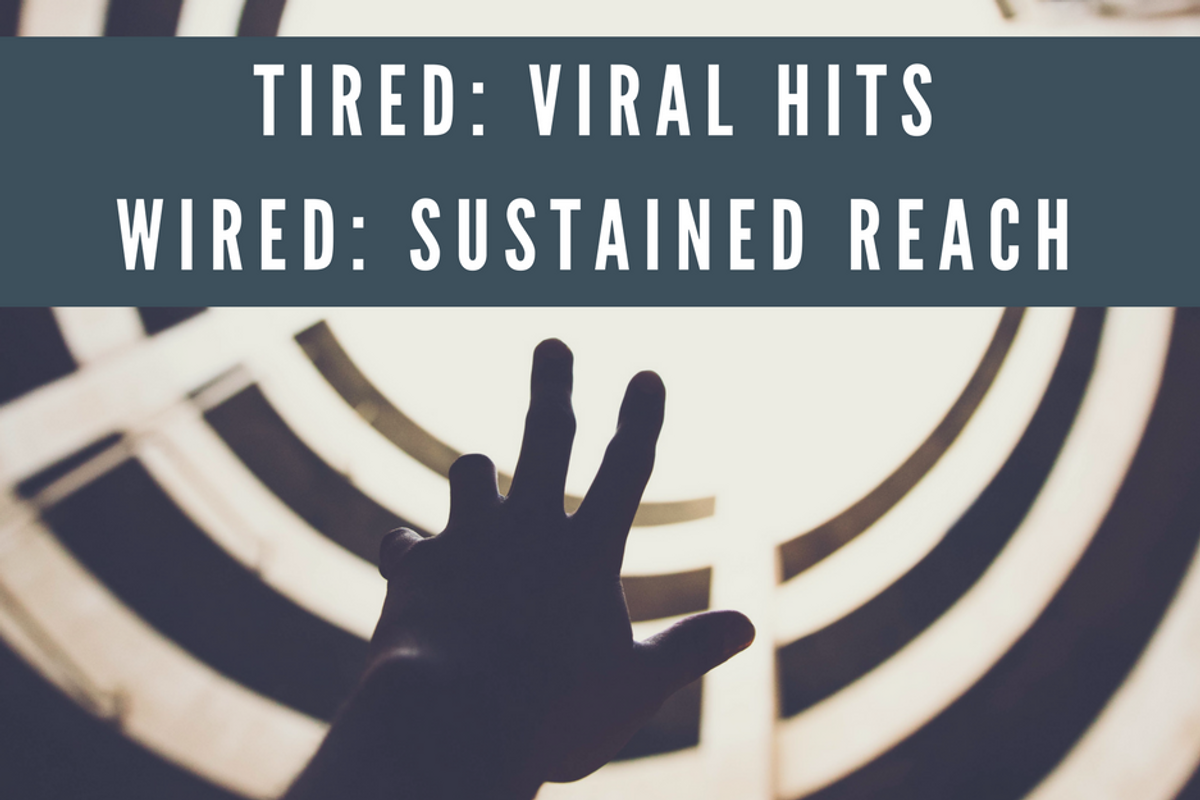
Meme culture has come a long way. It started during the early days of the internet and matured from something a small group did online into the foundation of some of the biggest media companies today. Memes will never slow down, as the density of our information and social graphs grow, and the spread of messages across the world become faster every day, week, month, and year.
How companies are built around this culture is changing dramatically though. The last five years saw a massive rise of companies that were playing the meme-repurposing game. Combined with arbitrage, they were spending money on things people were likely to share and creating companies with multimillion dollar valuations. But the algorithms have shifted now, and these quick hits are no longer creating any kind of foundation to stand on.
It's much more than just the algorithms that have shifted — our behavior has too. On every social platform you will notice posts that have gone massively viral, and if you check the creator's stats, their follower counts can still be tiny. This is because we're no longer looking to follow the creators of these memes. We assume they'll find their way into our social feed, and we'll sometimes appreciate and spread their work.
This shift is very hard on some companies, many of which are going ahead and shutting their doors for good and finding something else to work on. But this shift is really beautiful for the creators who have kept their focus on being genuine about what they create. The most valuable memes are actually content gems — movies, articles, poems, cartoons, games — that connect with us in such a deep way that we must convince our friends and family to read them, play them, watch them, and cry, laugh, and scream along with us.
Instead of focusing on viral reach that manifests in quick hits and low-quality content, the exact thing that Facebook is trying to eradicate from its platform, your focus now has to be on sustained reach instead of fleeting viral moments.
The Sharing Economy Is in a Recession
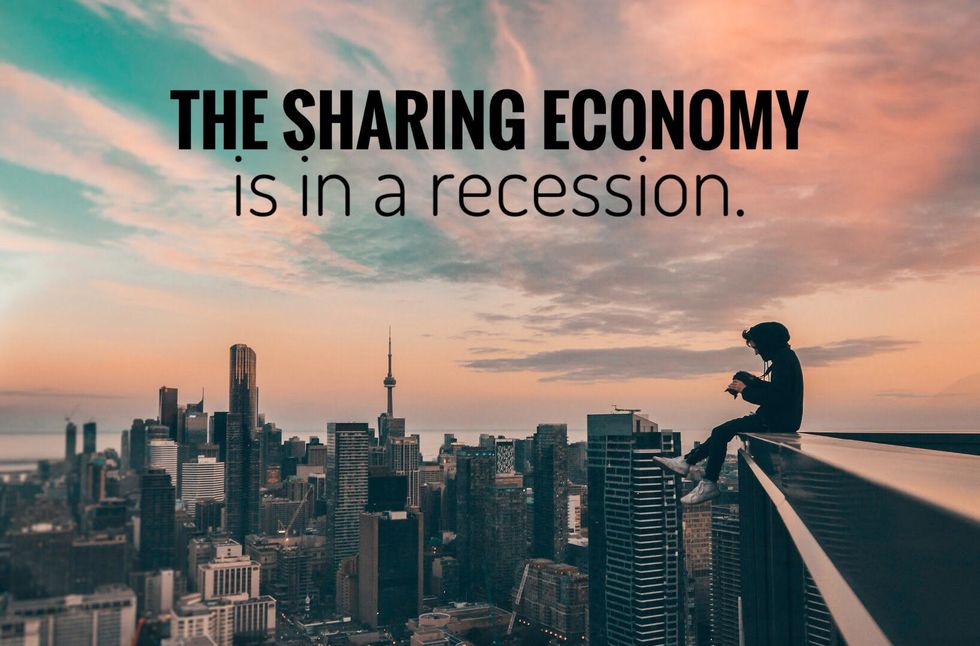
If the sharing economy isn't in a recession, then it's in a full-on depression. Facebook's recent algorithm update in January 2018 has proven detrimental to publishers who rely heavily on the platform for referral traffic. What's being dubbed the "friends and family" update has deprioritized news stories in the News Feed in favor of content from friends and Groups. For social publishers who put all of their eggs in Facebook's basket, the algorithm change translated into nearly zero visibility. We saw the effects of this when LittleThings — a once vibrant media company — recently shuttered its digital doors due to Facebook's shift. In its prime, the viral publisher garnered over 12 million Facebook followers within its first couple years of life, and saw drool-worthy metrics across all of its posts and videos. LittleThings blamed the "friends and family" update for knocking out 75% of its organic traffic and hammering its profit margins.
They're not the only social publisher to shut down following the Facebook algorithm shakeup either. Those who don't have the right mix of content to adapt to the new reality are doomed, and these are the companies that are unfortunately folding. Brands that were using dark posts and tricking the system to maintain visibility — instead of working toward organic virality — can no longer sustain the model. They've been playing arbitrage games with lower-quality posts, and the latest update has put an end to the long-term success of that strategy.
Sustained Reach vs. Quick Hits
It's time for all of us to stop chasing viral hits, and begin focusing on creating sustained reach through meaningful content instead. This means you can't focus on Facebook reach alone. You have to diversify across platforms and channels to realize your true potential and reach your maximum audience.
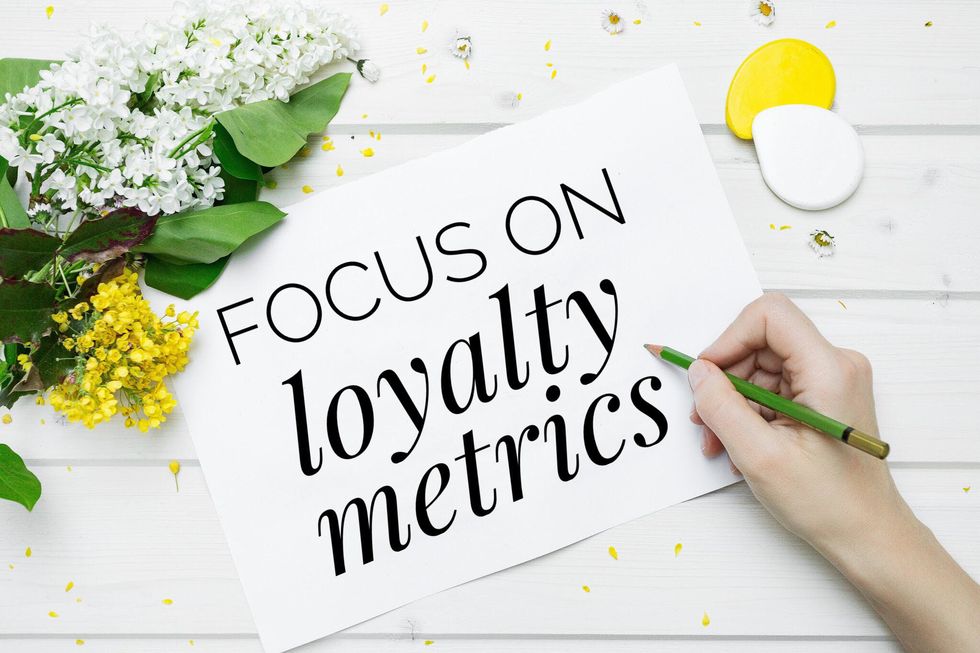
Don't get us wrong — it's extremely rewarding to gain traction from a viral hit. But you have to know how to maintain that traction once it's taken hold, and then grow a loyal following from it. Viral hits give publishers the spikes they crave, but it's paying close attention to the loyalty metrics that will give you the sustained reach that lasts. To build sustained reach, focus on these pillars:
Meaningful Content:
Meaningful content evokes emotion and fosters a deeper connection than a quick hit. It's the kind of content that readers consume actively rather than passively — the content that resonates with your audience and makes them crave more of it. This sustainable content model drives repeat, direct visits, and it fosters the type of
organic loyalty
you simply can't create by adhering to the pay-to-play mantra.
Search Engine Optimization: SEO still plays a critical role in the visibility and sustainability of your content. Relying on social only will inevitably lead to a dead end. The dynamics of search have evolved considerably over recent years, but its importance is more relevant than ever in light of the increasingly unpredictable algorithms.
Loyalty Metrics: Vanity metrics are out, and loyalty metrics are in. Metrics such as pageviews encourage us to focus on outlier bumps in traffic that eventually bleed off and evaporate. Instead, look at more long-term loyalty metrics. There are a number of ways to measure loyalty, and a good place to start is by focusing on:
Return Visitors: How many of your sessions aren't new? What percentage of your traffic is coming from people who have visited you before? Is it trending in the right direction?
Bounce Rate: How many pages per session are users looking at? What's the average session duration like? What types of content are you publishing that keeps visitors from bouncing away?
Goal Completion: Are users converting against the goals you've set up on your site? E.g., scrolled past a certain point, clicked a specific call to action, engaged with some kind of interactive module, etc.
When it comes to overall traffic, you want to measure your performance against the depth of your troughs (sustained reach) instead of the height of your peaks (viral hits). Bestselling author Andrew Davis describes this concept as valley elevation .
At the end of February 2018, RebelMouse-powered Azula saw exponential growth by taking a quick hit and actively pushing it to make it stick and become sustainable on its own.
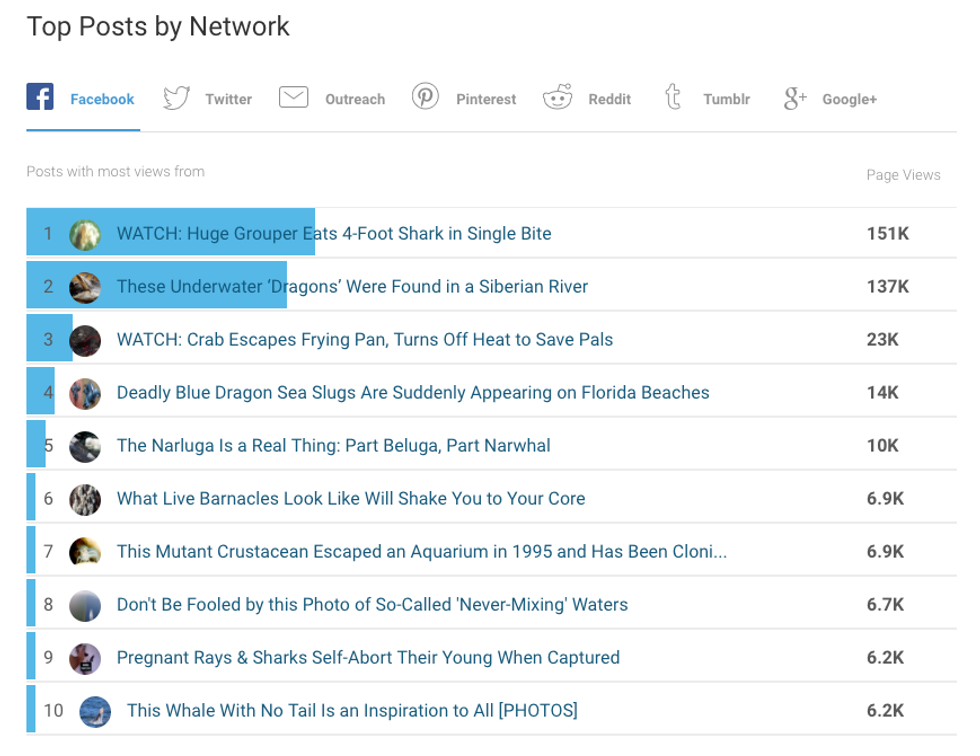
Their site grew by over 40% thanks to the viral growth — lasting weeks — and their overall valley growth has steadily increased since they finished replatforming with us at the end of August 2017.

Get the most out of your content and turn those fleeting traffic spikes into sustained growth. Our team of strategy experts can help you develop the concepts and organic loyalty you need to prosper in the age of social. Request a proposal today.
























